The Supreme Court on Monday has paused certain amendments of the Waqf (Amendment) Act, 2025. The bench comprising Chief Justice BR Gavai and Justice Augustine George Masih refused to stay the law.
However, the bench, hearing a clutch of pleas challenging the validity of the Act, paused certain provisions of the law. “We have considered prima facie challenge to each of the sections and found no case was made out to stay the entire statute,” the bench said. “Presumption is always in favour of the constitutionality of the law, only in the rarest of rare cases are laws stayed."
The court in May had reserved interim orders on key issues, including the power to denotify properties, after a three-day hearing from both sides.
But which p rovisions of the Waqf Act has the Supreme Court paused and why? Let’s take a closer look:
Waqf and the Waqf Act
First, let’s take a brief look at the Waqf. In Islamic law, Waqf is a charitable endowment held in a trust. Under the Waqf, the donor, known as the waqif, allocates certain assets (mawqūf) for a specific charitable purpose.
The Waqf Amendment Act, 2025, was passed by Parliament in April. It was brought in to amend the Waqf Act, 1995, which governs the management of Waqf properties in the country. The Waqf properties are governed by the Waqf Board, which is a statutory body.
The Waqf Amendment Act, 2025, came into force on 8 April after the assent of President Droupadi Murmu. The bill was first passed by the Lok Sabha and then the Rajya Sabha, where it underwent a marathon 13-hour debate.
It replaced the 1995 Waqf Act, which defined Waqf as the “permanent dedication by a person professing Islam of any movable or immovable property for any purpose recognised by the Muslim law as pious, religious or charitable.”
It also made a slew of changes to the law, including changing its name to the Unified Waqf Management, Empowerment, Efficiency, and Development Act. It is these changes that have proved contentious, with opponents of the bill claiming it is “anti-Muslim” and against the Constitution. However, the Centre called the Waqf Act a “historic reform.”
What provisions has Supreme Court stayed?
The apex court has stayed a number of key provisions of the Waqf Act, including:
1. The waqif should have practised Islam for five years
The provision that the person should have practised Islam for five years before he or she can dedicate property to Waqf has been stayed. The apex court has said that this provision shall remain on hold until the state governments form a mechanism to verify this requirement. The court warned that without such a provision, it could lead to arbitrary decisions being taken.
2. Derecognising properties, staying power of collector
The court also halted the power of the government — vested in the district officer — to derecognise Waqf land while the decision is pending. It said the collector could not be allowed to determine the property rights of citizens. The court said this would amount to going against the separation of powers.
“Permitting the collector to determine the rights is against the separation of powers. An executive can’t be permitted to determine the rights of citizens,” Gavai said.
The court added that the records would not be affected while the decision was being considered. “Until title of Waqf under 3C is not decided finally, Waqf will not be dispossessed of property, neither will records be affected," the court said.
Directions on composition of Waqf Board
While the court did not stay the composition of the Waqf Board, it gave certain directives.
The apex court said there can be no more than four non-Muslims in the Central Waqf Council of 22 members and not more than three non-Muslims in the state boards out of 11 members.
While it did not stay the provision allowing a non-Muslim to be the chief of the State Waqf Board, it directed that a Muslim person should be appointed to the position as far as it is possible to do so.
“We direct that as far as possible, an effort should be made to appoint the Chief Executive Officer of the Board who is the ex-officio Secretary from amongst the Muslim community,” the Court said.
The court also refused to halt the requirement for registration of Waqf properties.
“We have held registration existed since 1995 to 2013… and again now. So we have held registration is not new,” CJI B.R. Gavai said.
“We have seen the law since the Mussalman Waqf Act of 1923. Technically, the 1923 law did not have a provision for registration, but information about the Waqf had to be provided," the bench earlier said in May.
“From the Waqf Act, 1954, registration was required. There was a report of 1976 which revealed why registration was necessary. From 1923 till 2025, for over 100 years, the scheme of various enactments had emphasised registration," it added.
Arguments in the apex court
The petitioners argued that the Act targets Muslims and their essential religious practices and allows Waqf properties to be arbitrarily derecognised. The petitioners were represented by senior advocates Kapil Sibal, Rajeev Dhavan, Abhishek Manu Singhvi, Huzefa Ahmadi, Chander Uday Singh, and others.
The government, represented by Solicitor General Tushar Mehta, argued that Waqf is not an essential religious practice.
“Hindu endowments deal with religious activities, including appointing pujaris. Waqf Boards do not touch upon any religious activity," Mehta said.
The court said: “No case was made to stay the entire provisions of the statute. However, certain sections which are challenged need some protection. Therefore we have passed the order as under," CJI BR Gavai concluded.
The court said its directions were prima facie in nature, and there was nothing stopping the parties from making further submissions on the validity of the Act.
With inputs from agencies


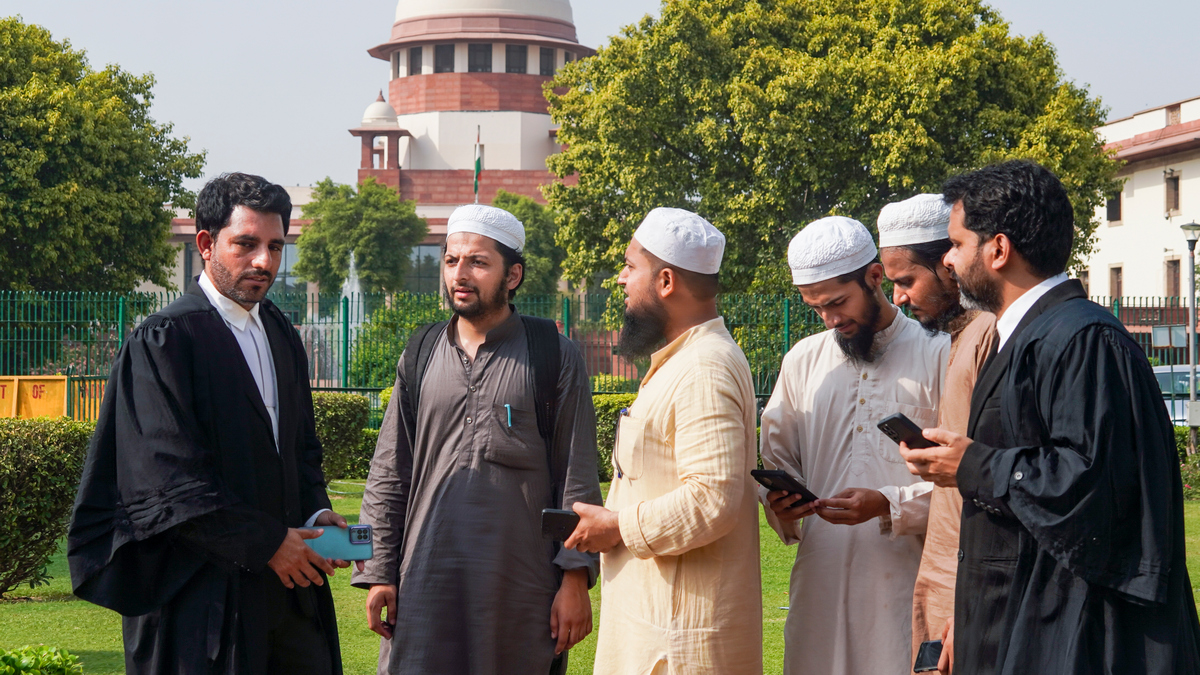)

)
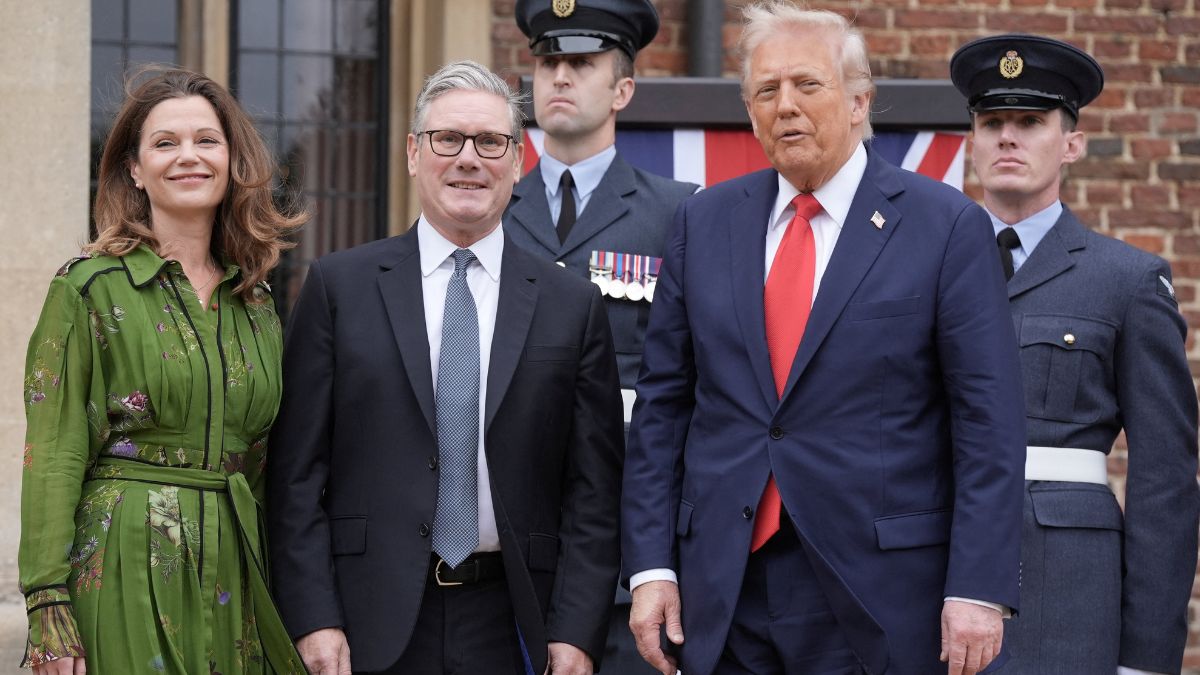)
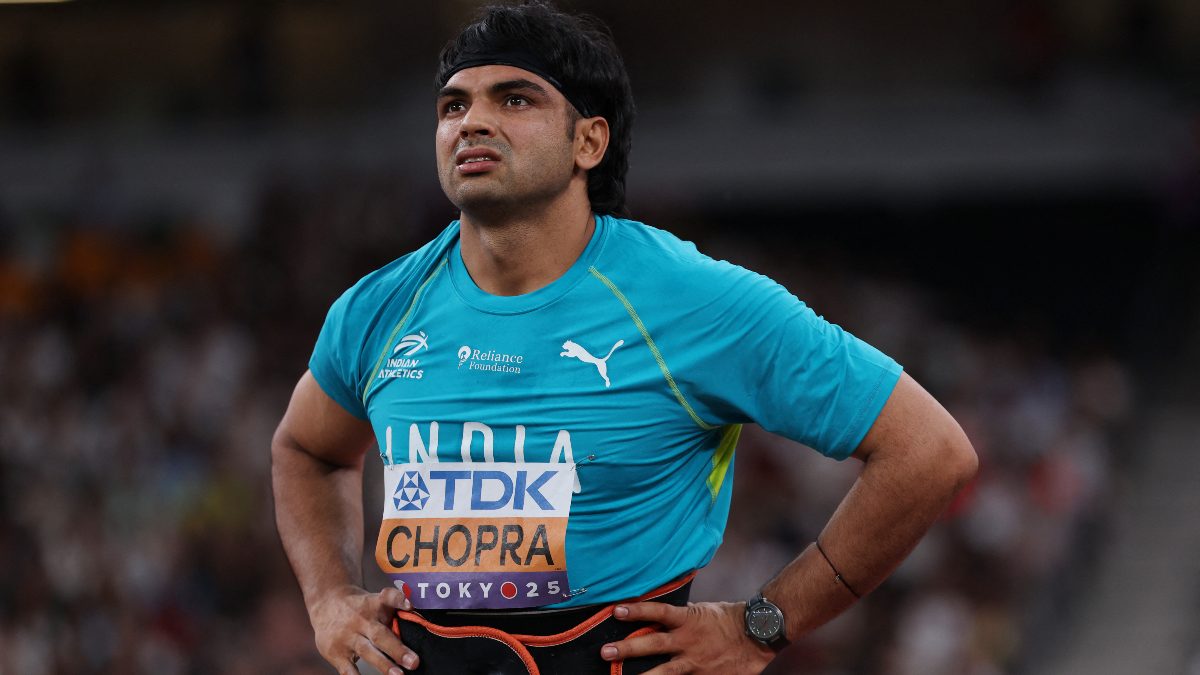)
)
)
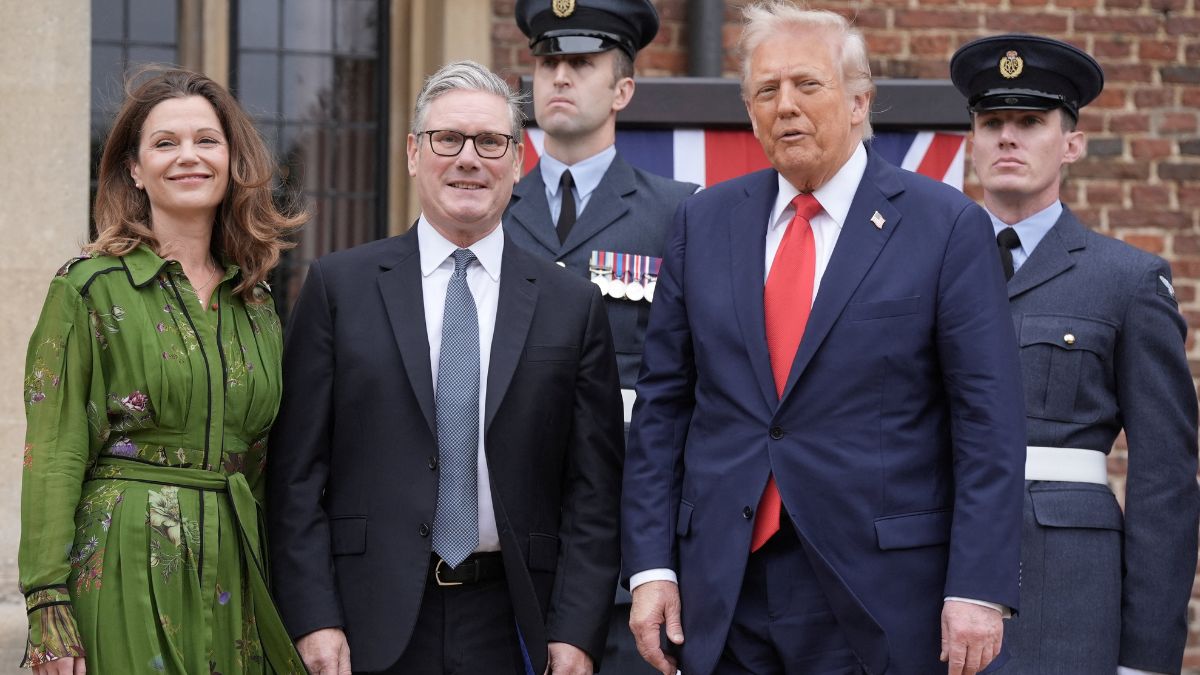)
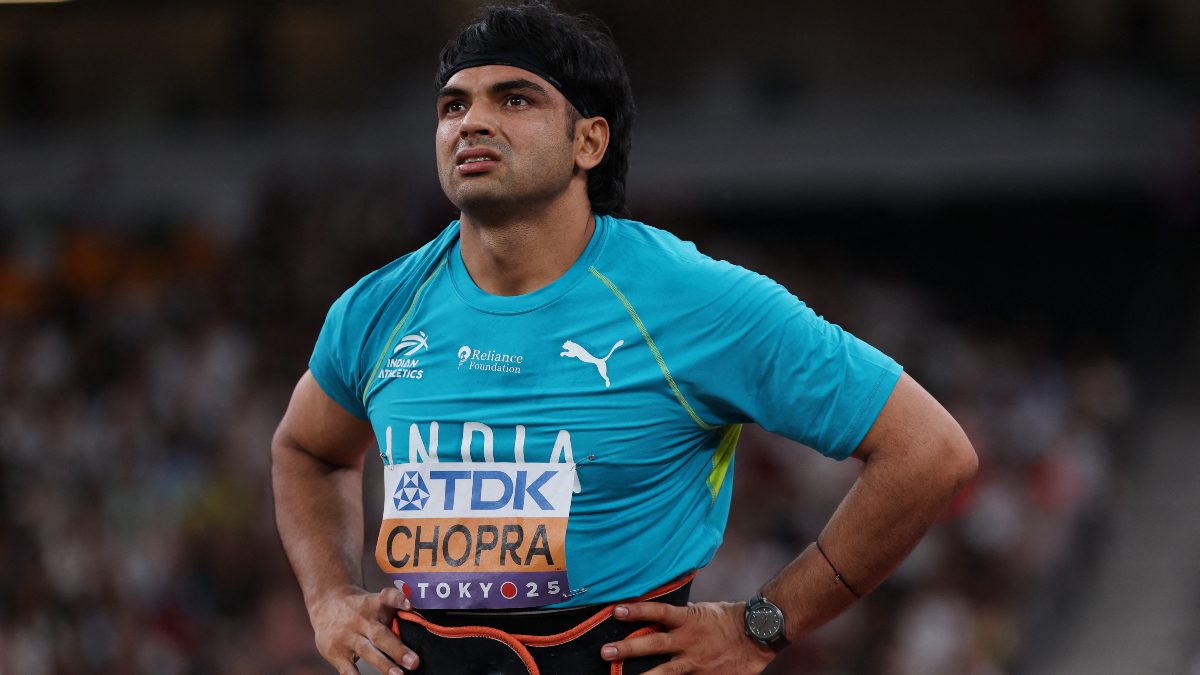)
)



